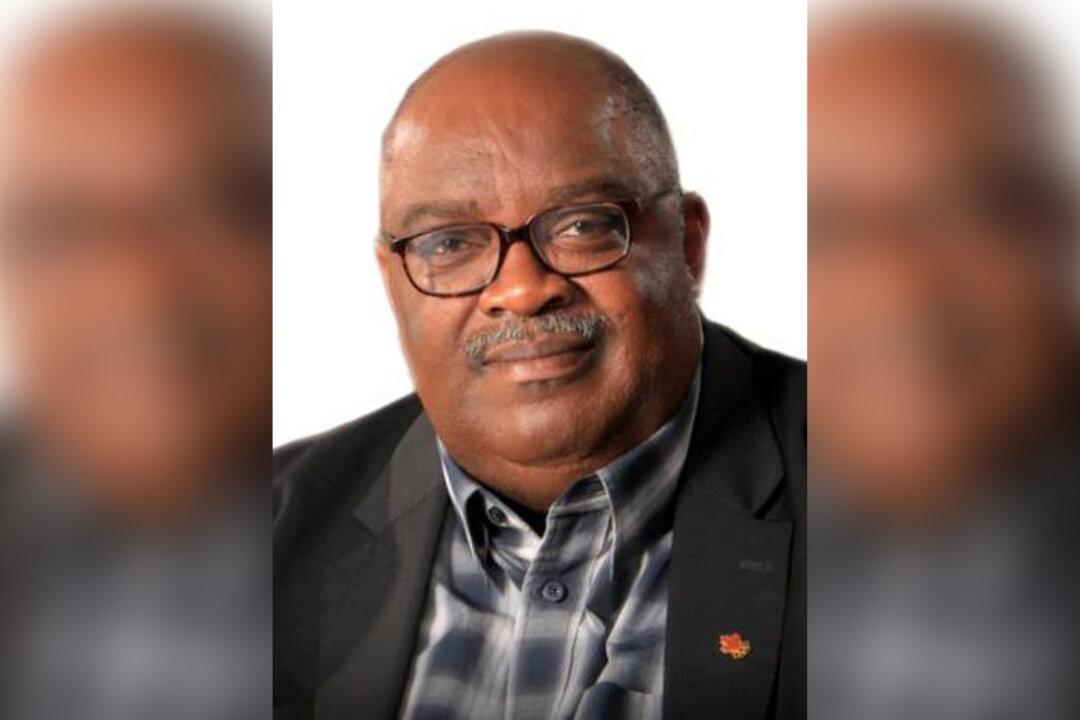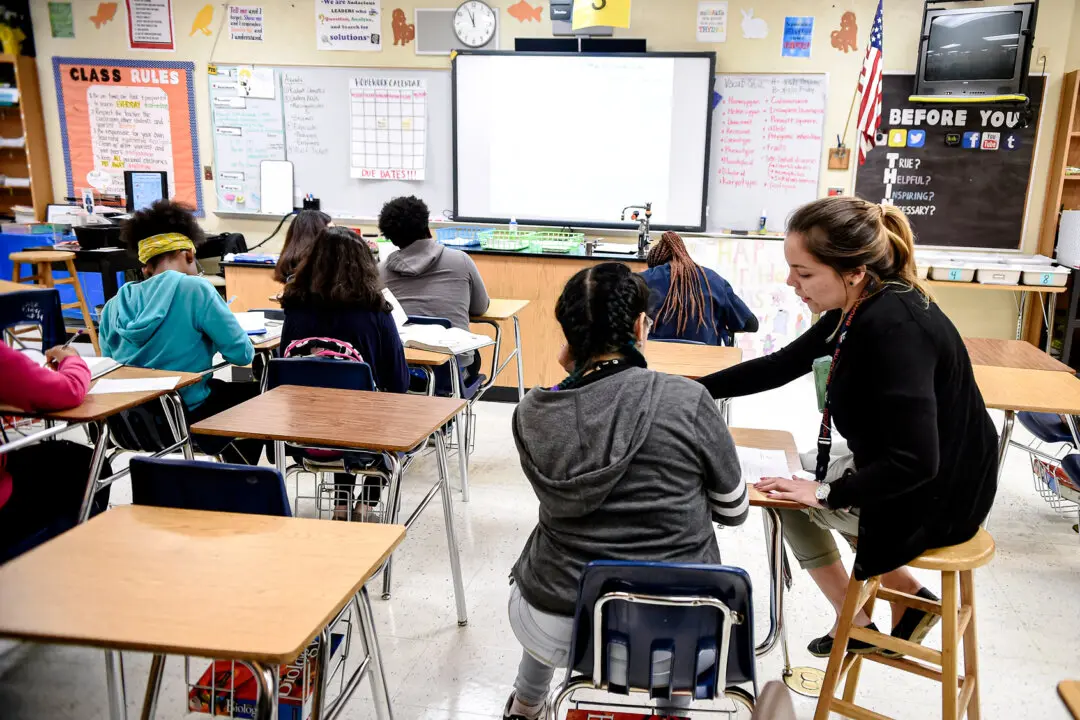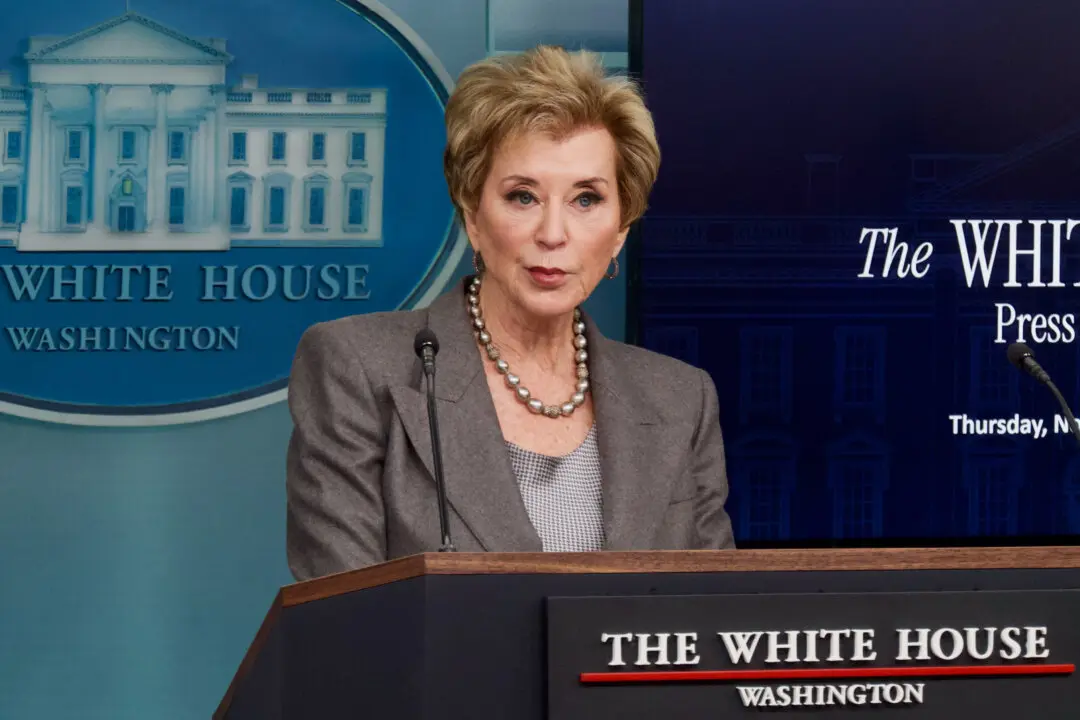Commentary
It’s now been more than two months since Mike Ramsay, a duly elected trustee in the Waterloo Region District School Board (WRDSB), was effectively fired. However, he wasn’t removed by the voters, but rather by six of his fellow trustees. This was very strange, to say the least.





